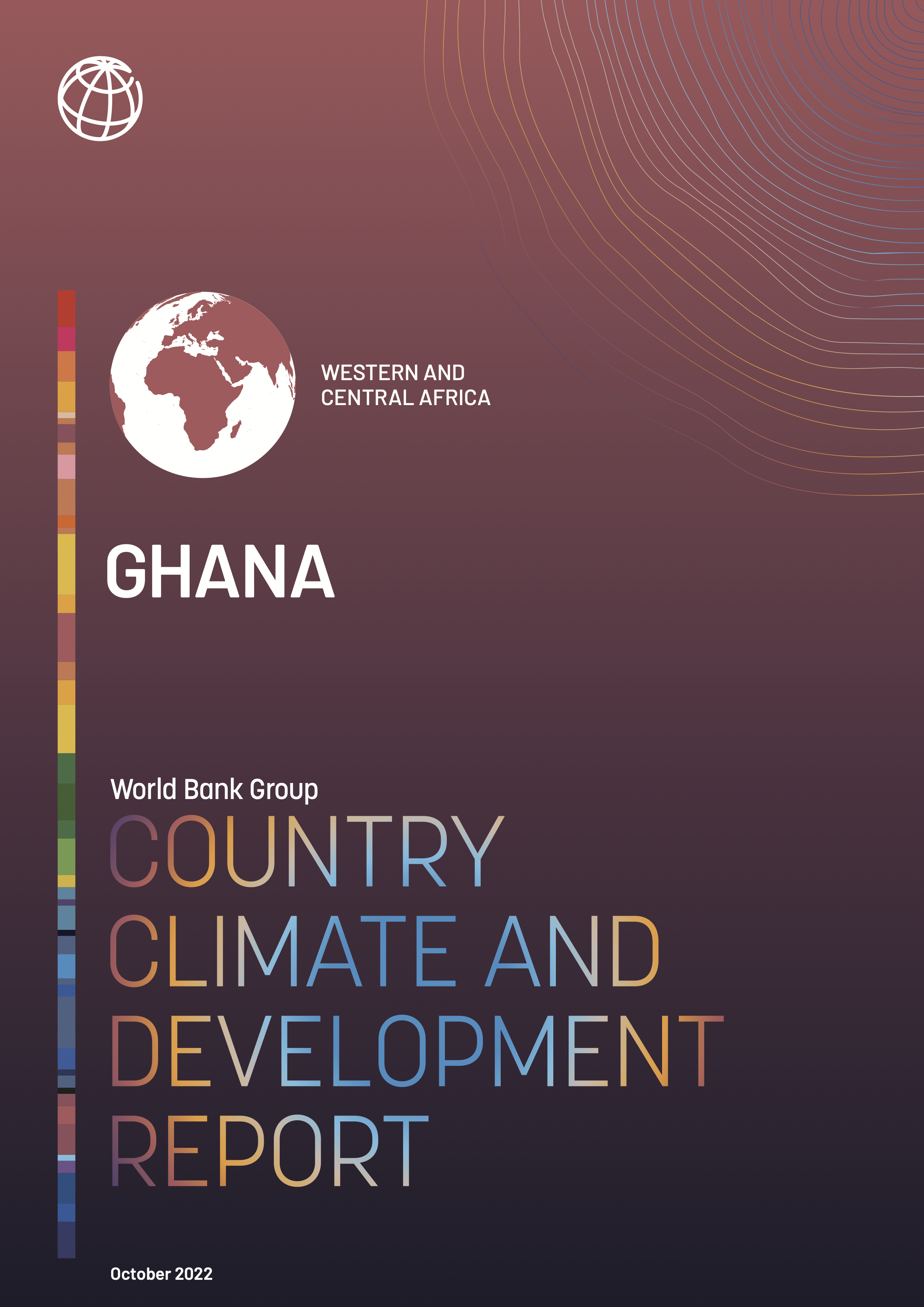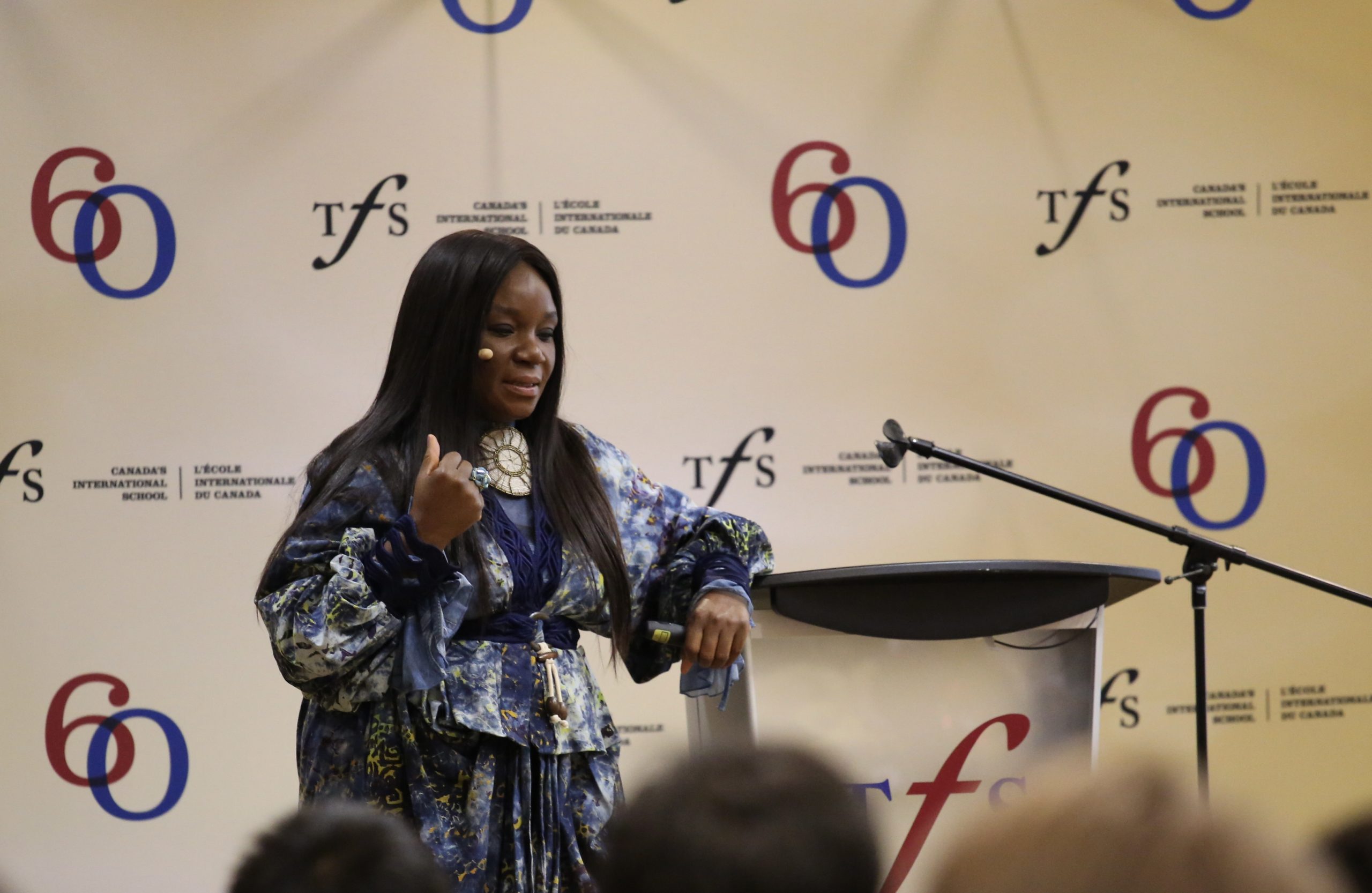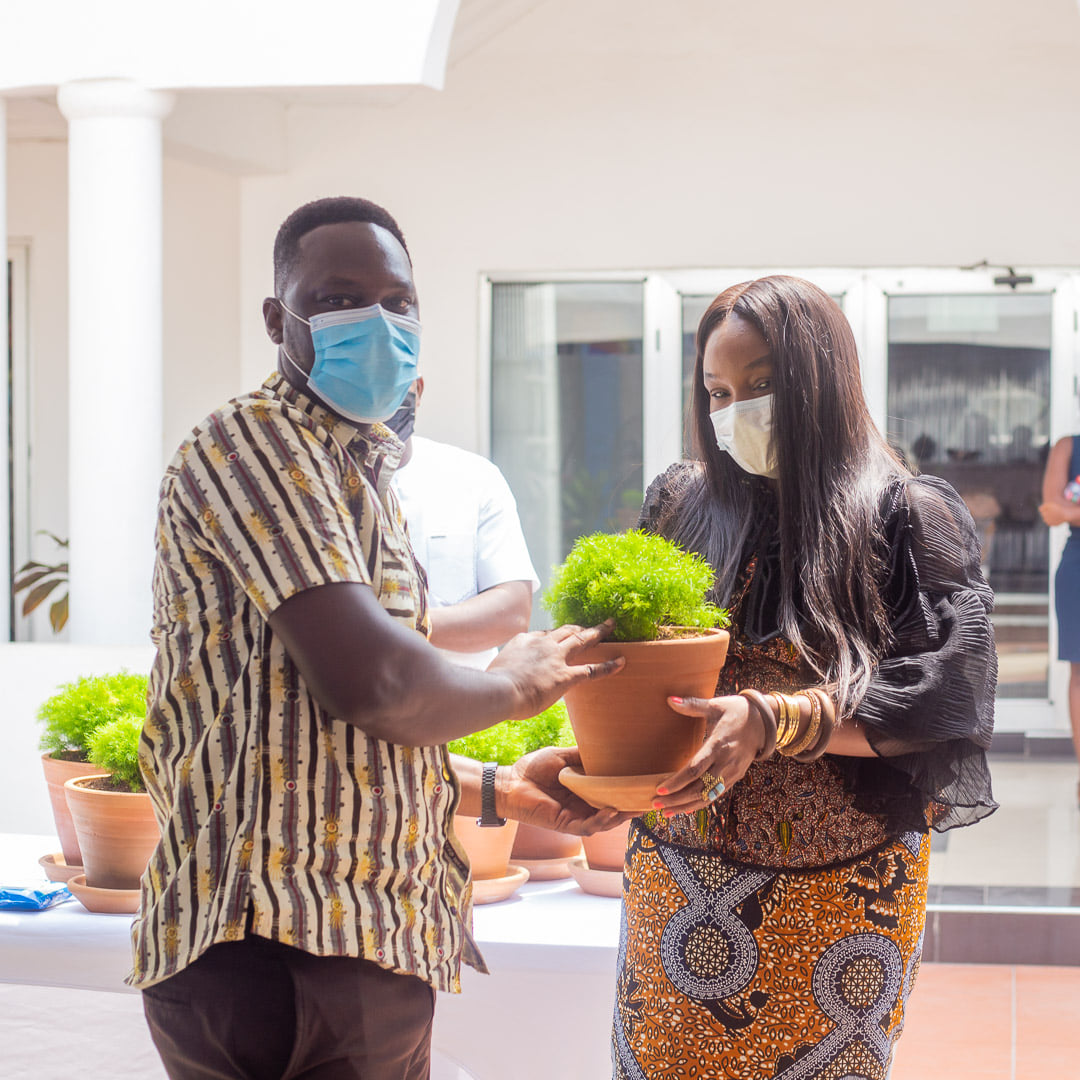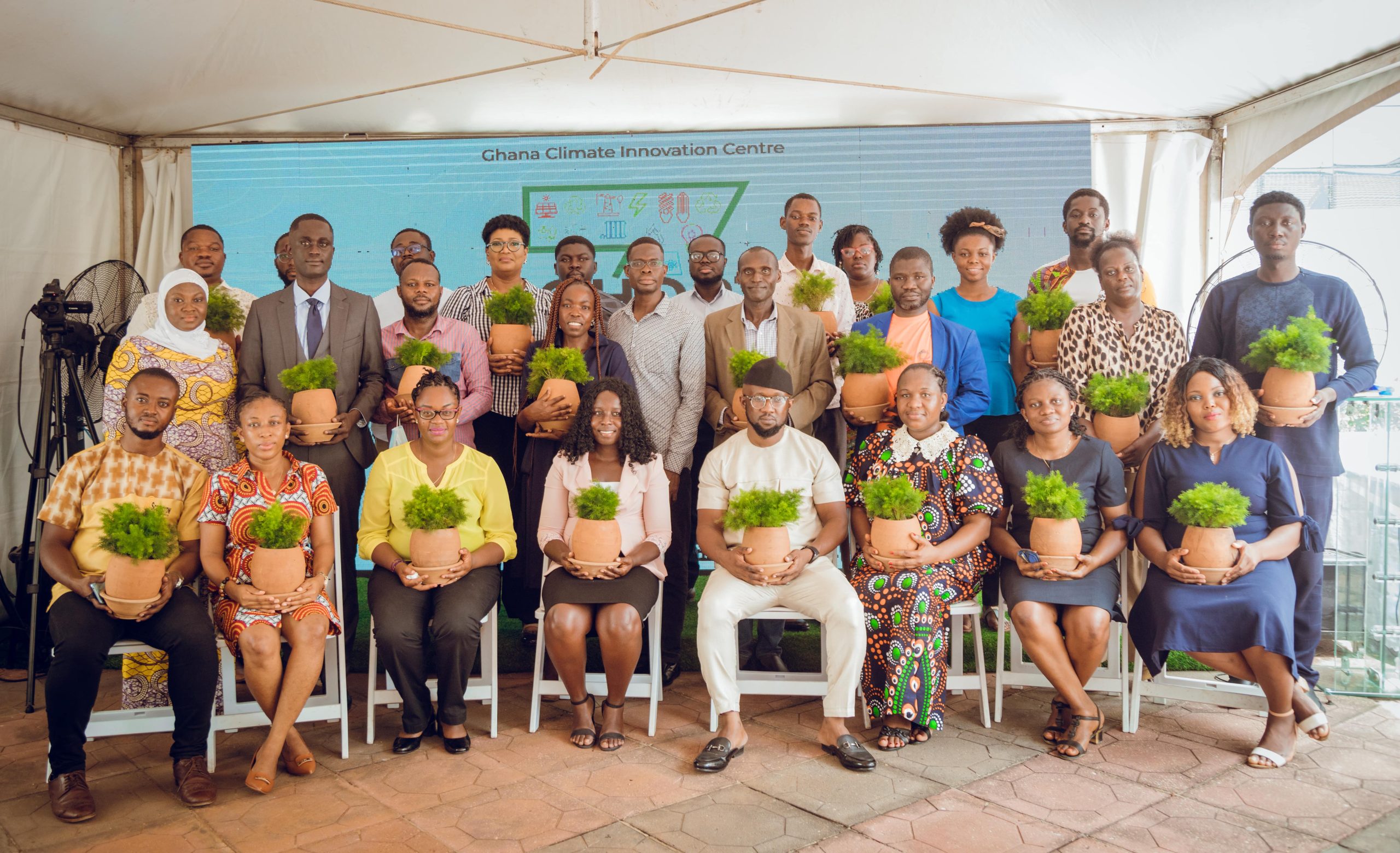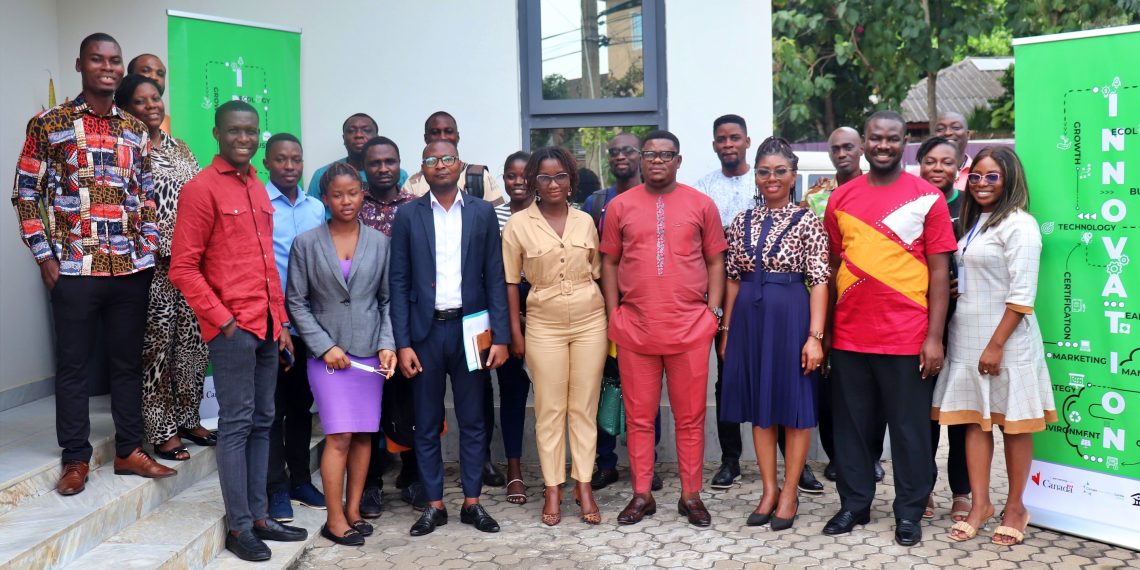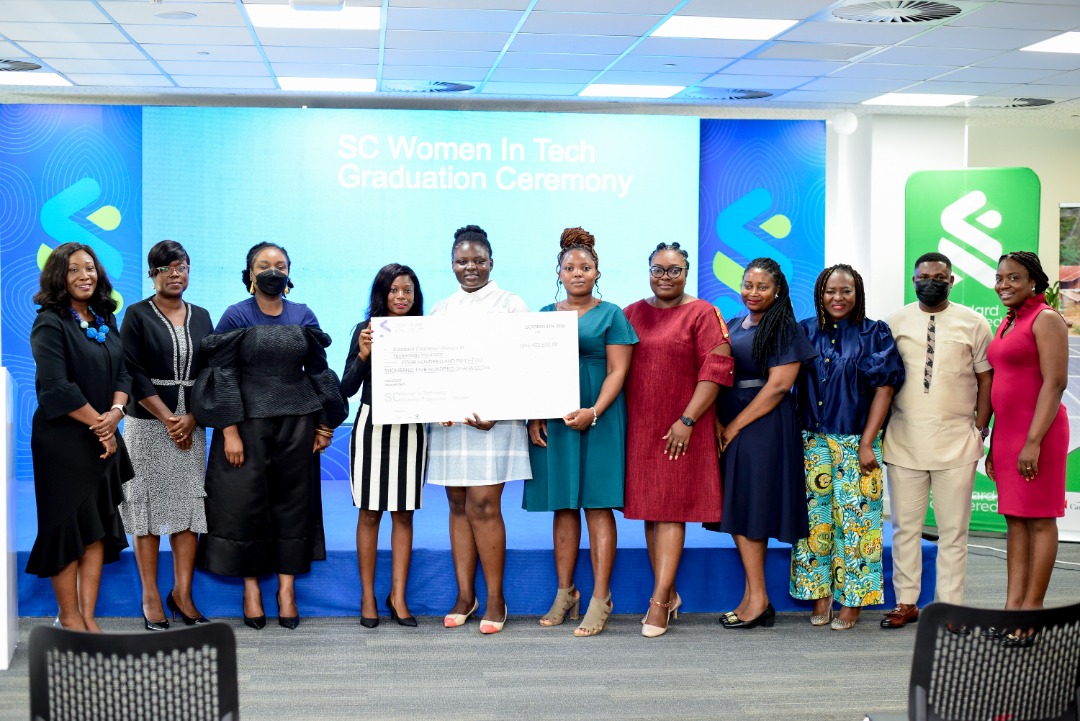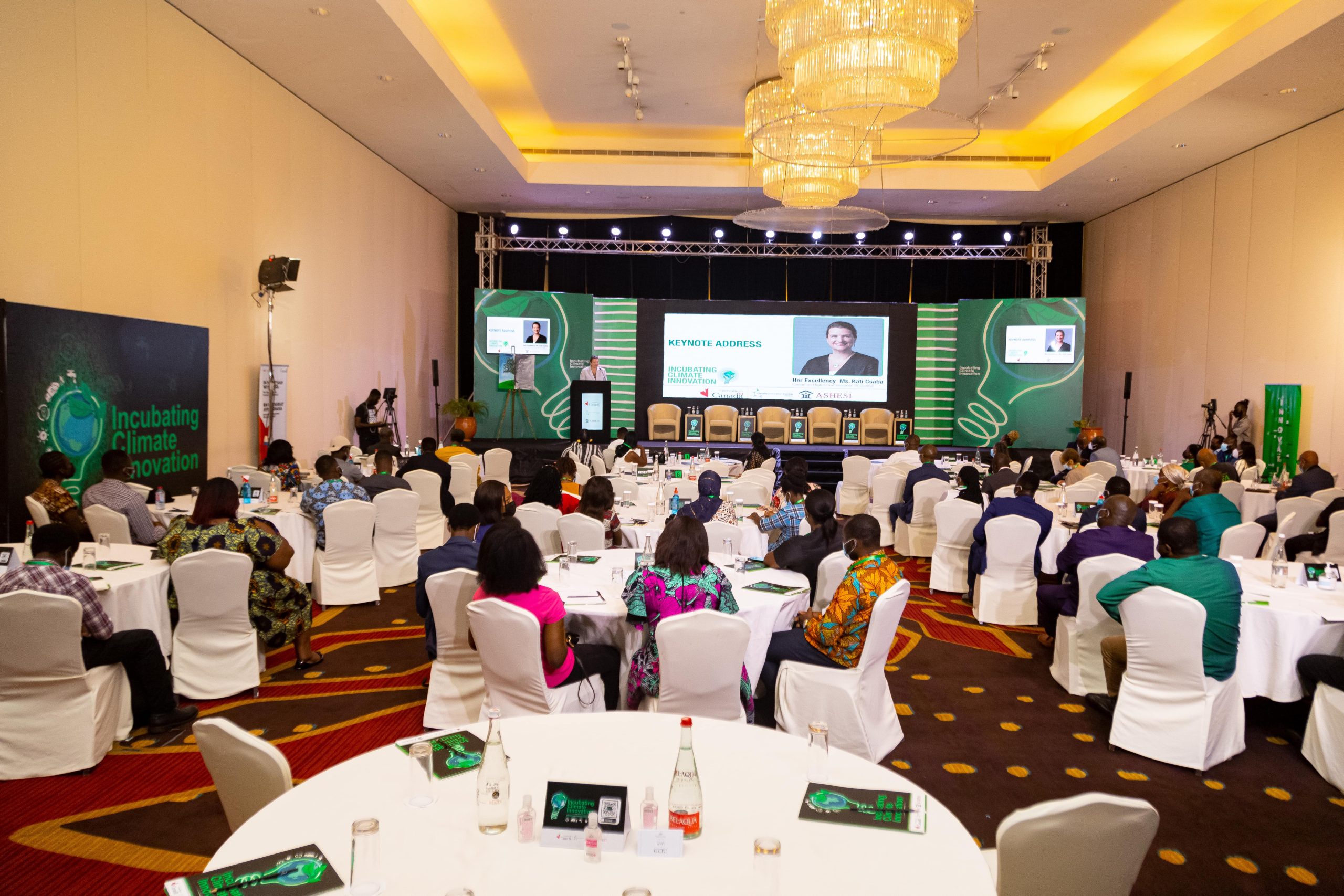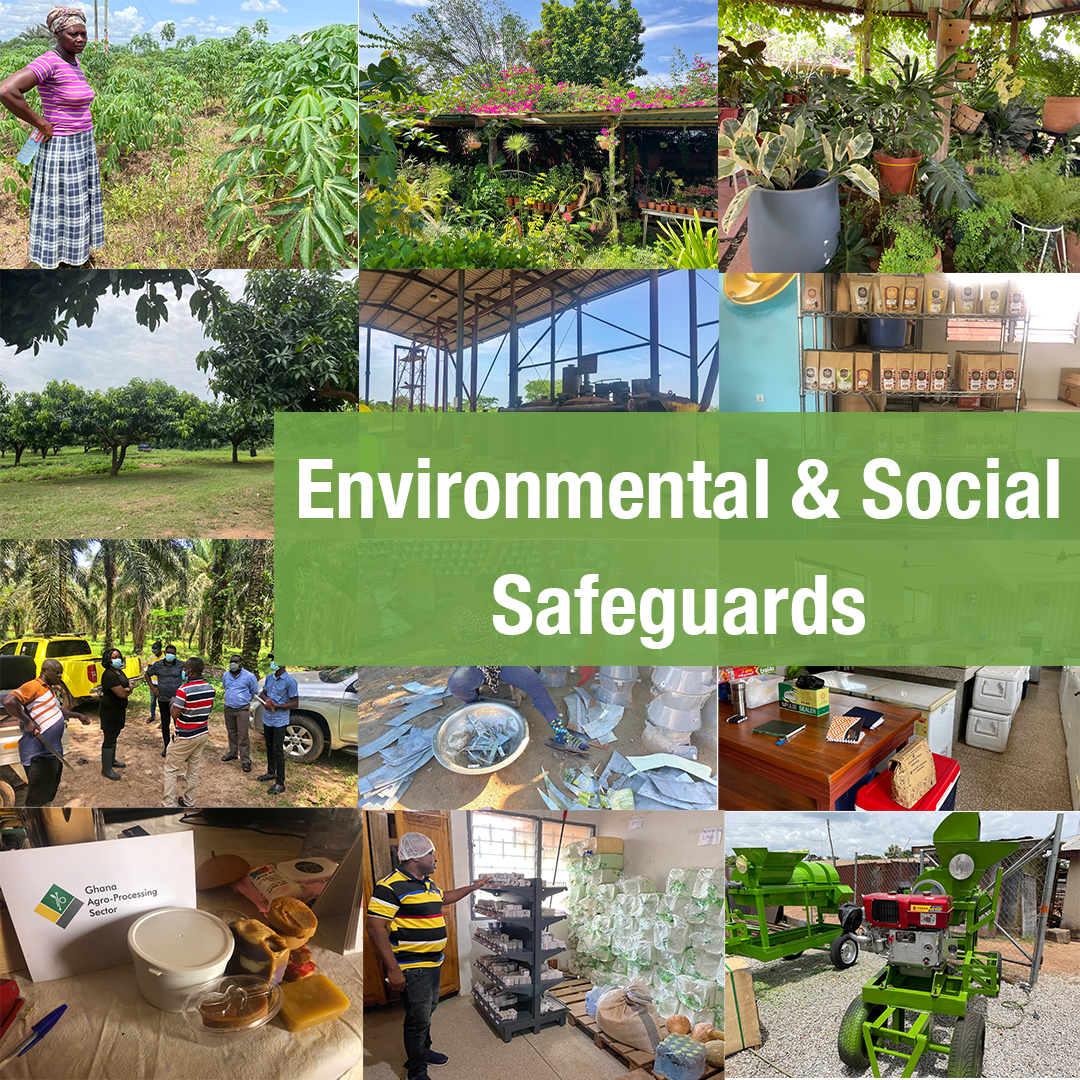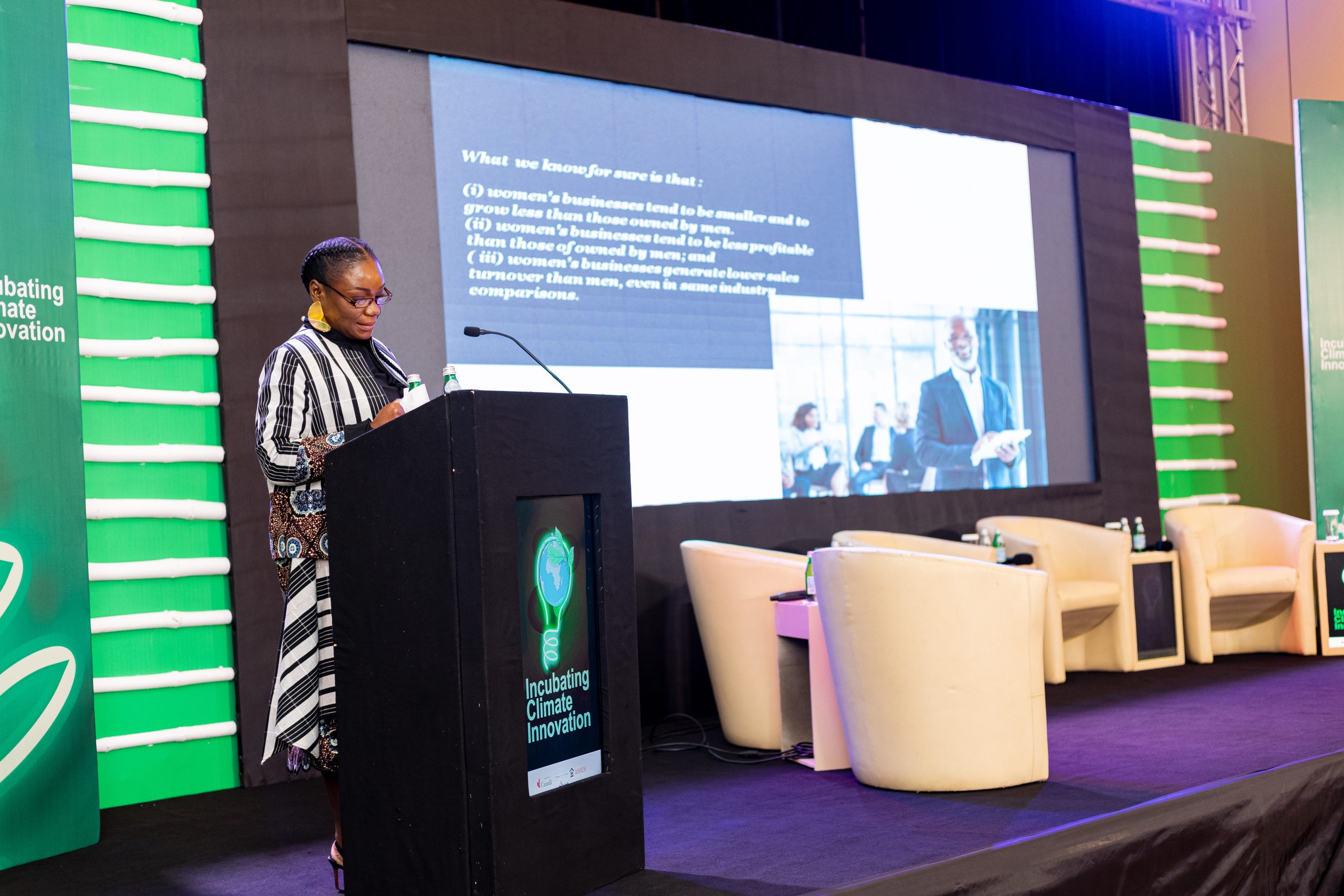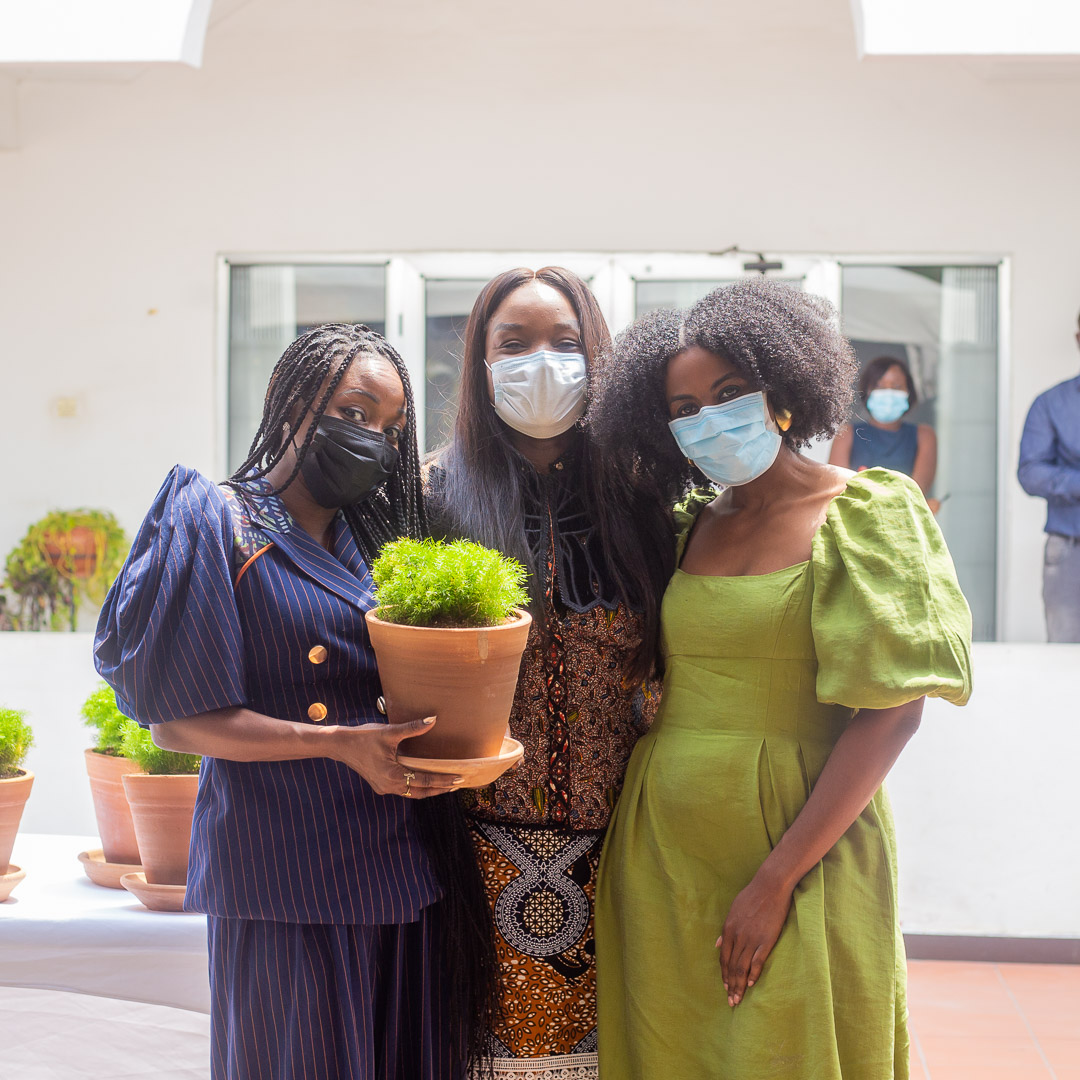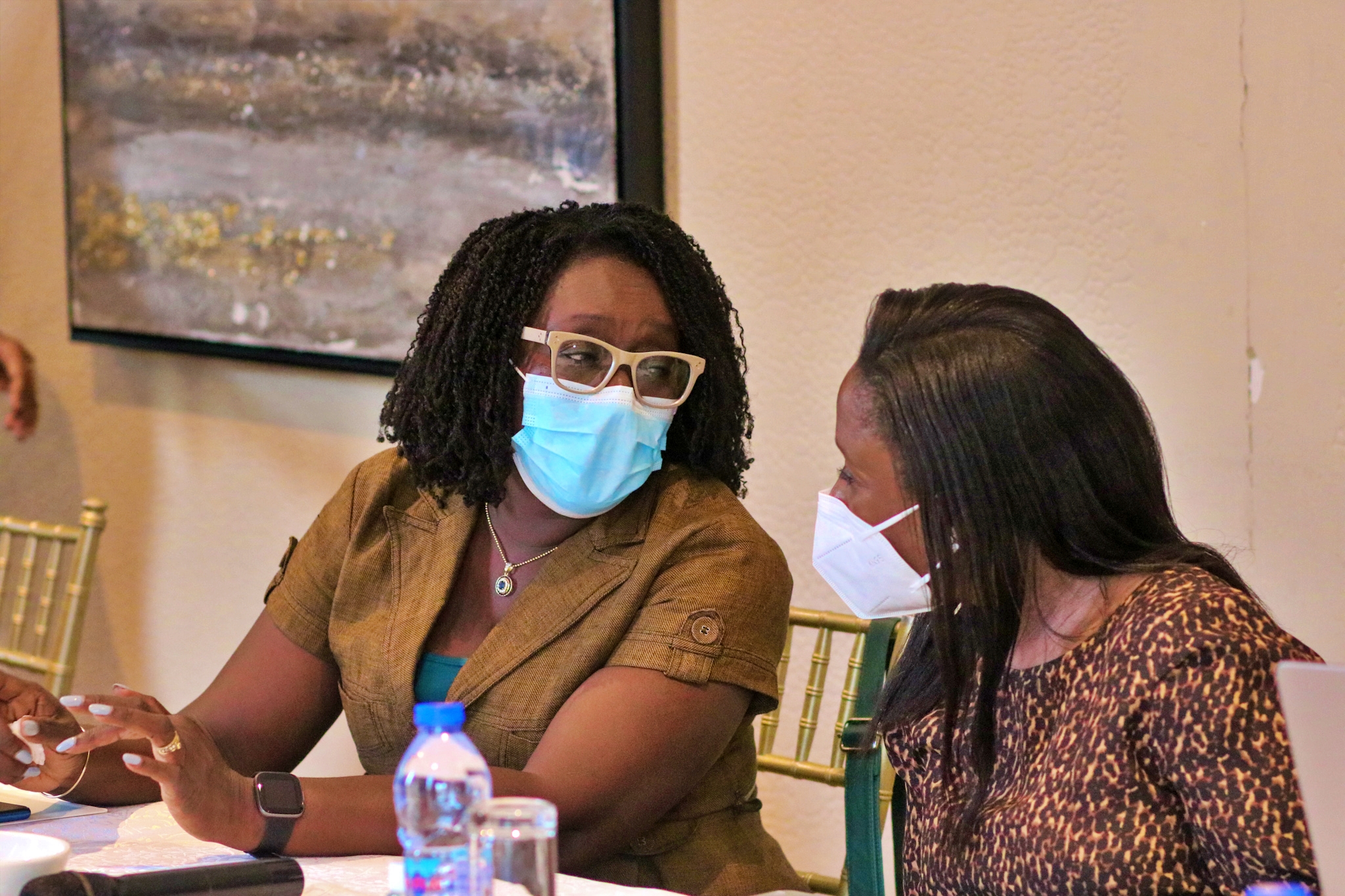The World Bank Country Director, Pierre Laporte, at the launch of the Ghana Country Climate and Development Report (CCDR), stated that ‘only prompt action can change the climate change trajectory’. He went on to explain that without action, one million people would fall into poverty due to erratic precipitation, rising temperatures, land degradation and pollution.
Moderated by the Executive Director of the Ghana Climate Innovation Centre (GCIC), the World Bank partnered with the GCIC to launch the CCDR, which develops on the implications of a Climate Resilient and Low Carbon Development (CRLCD) pathway, that will foster more green, resilient, and inclusive growth in Ghana; and explores the ways in which Ghana can pursue its development objectives while considering the challenges of climate change and the opportunities from the transition.
In the Opening Remarks, The Minister for Lands and Natural Resources, Honorable Sam Jinapor, emphasized that 85% of Ghanaians depend on the forest for some form of sustenance and that with climate issues having reached a tipping point it is important for Climate change and development to be intertwined to eradicate poverty and hunger.
Lorenzo Carrera, the Sector Leader Sustainable Development, in his presentation, of the report listed seven key points that #Ghana could focus on to change its challenges into opportunities.
- Adopt an integrated approach to agriculture and environmental management
- Build sustainable cities and resilient infrastructure systems through better urban development
- Boost disaster risk preparedness through early warning systems, better national financial
- preparedness against climate shocks, and adaptive health and social protection systems
- Manage forest resources as an asset for climate resilience
- Transition to clean energy by scaling up renewable energy sources and strengthening regional
- energy markets
- Modernize transport systems by improving public transportation and updating vehicle standards
The event was also attended by The Minister for Finance, Ken Ofori Atta, whilst the panel discussion was made up of key stakeholders from the environmental and climate space, and included the Hon Mohammed Adam, Deputy Minister for Energy, Prof. Irene S. Egyir, Dean College of Agriculture, University of Ghana, Mrs. Roselyn Fosuah Adjei, Director Climate Change Directorate, Forestry Commission, Professor Denis Worlanyo Aheto, Director Africa Centre of Excellence in Coastal Resilience, Univeristy of Cape Coast.
The impact of climate change on Ghanaians was captured perfectly by two spoken word and one dance performance by Rita Adwoa Arthur and Rhyme Sonny.
In conclusion to the panel discussion, Professor Irene Egyir, concluded that every Ghanaian has the responsibility to practice good environmental habits and be conscious about how we think, what we do and what we are taught.
To read the full details of the #GhanaCCDR report click on the link http://wrld.bg/spvF50LqqyB
#GhanaCCDR #GCIC #WORLDBANKAFRICA @worldbankafrica @worldbank


